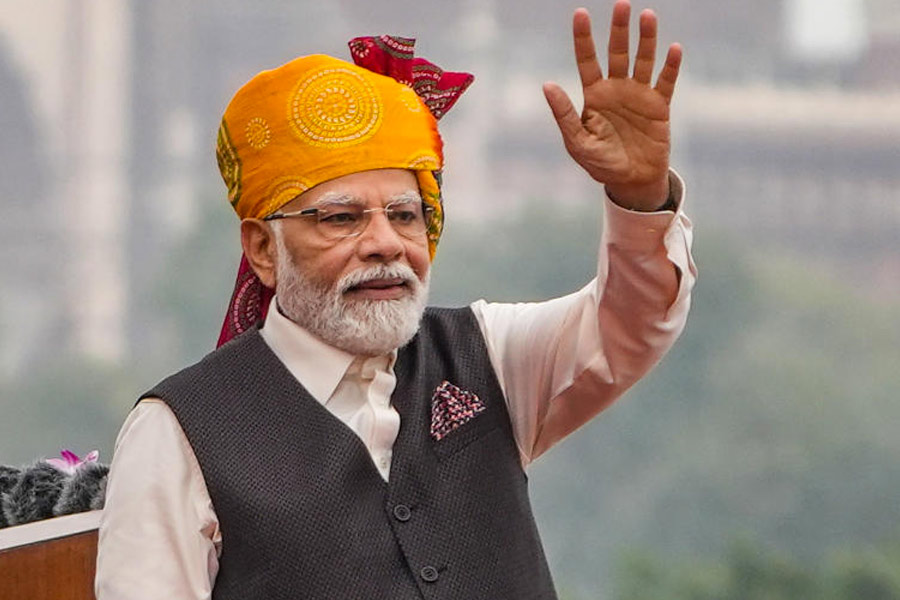The problem of hunger and its consequences — malnourishment and undernutrition are among them — seem to be growing in India with each passing year. The most recent Global Hunger Index has ranked the nation at the 111th spot out of 125 countries — India has slipped a further four spots below where it was last year. India, incidentally, has also topped another unenviable chart: its child-wasting rate — at 18.7% — is the highest among the countries surveyed. The grim findings are, however, not unexpected. That India’s poor are unable to eat as much and as healthy as required has been proved by other data. For instance, the National Family Health Survey-5, conducted between 2019 and 2021 by the Union health ministry, found that a staggering 89% of children between the formative ages of 6-23 months do not receive a “minimum acceptable diet”; The State of Food Security and Nutrition in the World 2023 report deduced that a balanced diet was out of reach for as much as 74% of Indians. The ill effects of such chronic malnourishment are felt on public health registers, with the post-natal health of child-bearing women being an obvious casualty — around 57% of the nation’s women aged between 15 and 49 are anaemic. But hunger’s debilitating impact also has economic fallouts. India is estimated to lose around 4% of its gross domestic product annually due to child malnutrition; a World Bank study conducted in 2018 found that at least two-thirds of India’s current workforce is hindered by stunting.
Unfortunately, the Centre’s response to such challenges has, more often than not, been to indulge in denials and conspiracy theories. There have been consistent attempts on the part of the government to question the legitimacy of the methodologies employed by such surveys; charges of bias against reports inimical to the government’s claims on welfare are not uncommon. Worryingly, attempts to cover up shortcomings cannot be ruled out: the decision to exclude anaemia from the upcoming NFHS-6, for instance, strengthens suspicions of mischief. The argument about whether the parameters used for surveys are flawed is merely academic. The Narendra Modi government cannot be dismissive of the warnings of the hunger index while, at the same time, distributing food rations to around 80 crore people. It must prioritise and meet the demands of health and hunger of its citizens if it is to stake the claim of being a conscientious regime.











